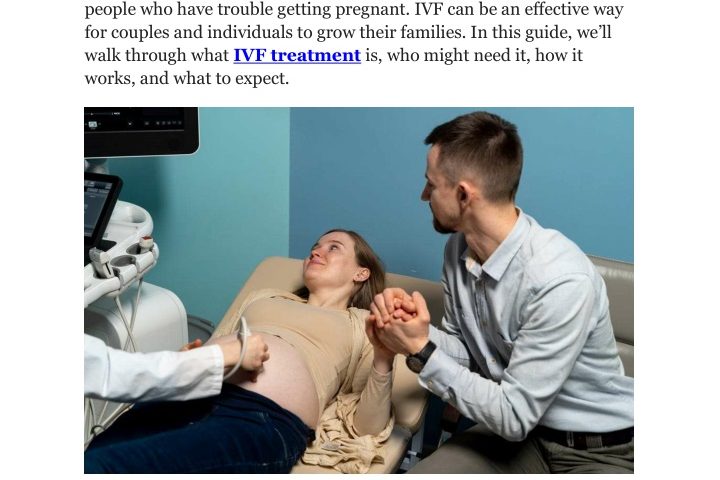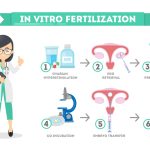
IVF Treatment in Alabama: Everything You Need to Know and More
March 24, 2025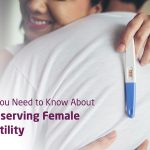
Alabama IVF: Everything You Need to Know About Fertility Treatments in the Heart of Dixie
March 24, 2025Everything You Need to Know About IVF Treatment: Your Ultimate Guide
Welcome to your one-stop guide on IVF treatment! If you’re curious about how in vitro fertilization (IVF) works, what it feels like, or even the little-known details that don’t always make it to the headlines—like how it affects your daily life or what the latest science says—you’re in the right place. IVF isn’t just a medical procedure; it’s a journey filled with hope, surprises, and a few quirks most people don’t talk about. Whether you’re thinking about starting IVF, supporting a loved one, or just want to learn more, this article dives deep into every corner of the process with fresh insights, practical tips, and real-life vibes.
Let’s break it down step-by-step so you can feel confident and informed. From the science behind it to the emotional rollercoaster and even some cutting-edge research, we’ve got you covered.
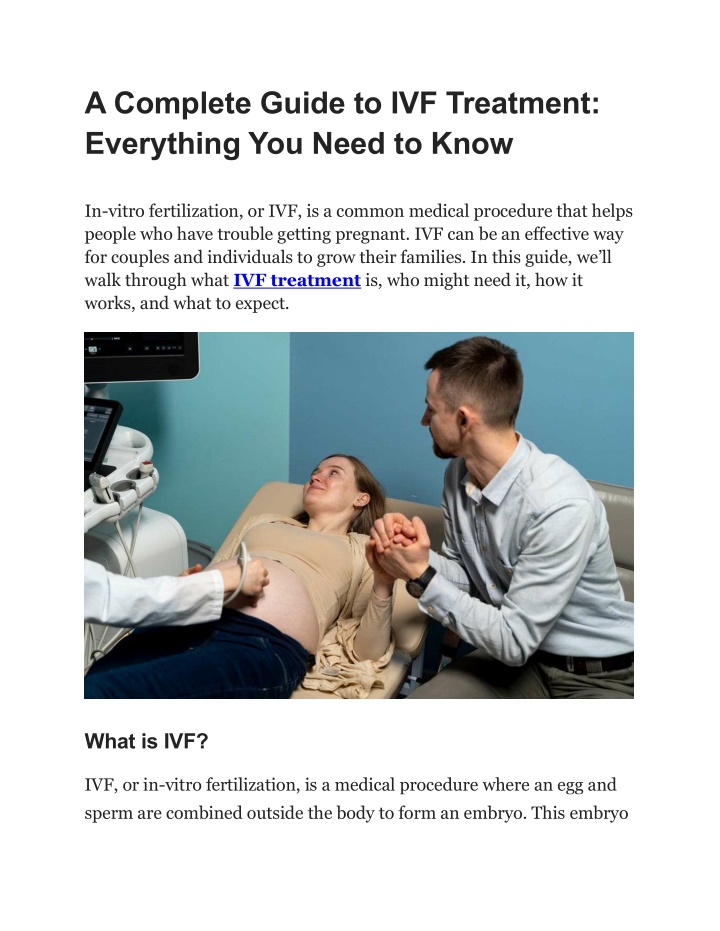
What Is IVF Treatment, Anyway?
IVF, or in vitro fertilization, is a way to help people have a baby when getting pregnant naturally isn’t working out. “In vitro” sounds fancy, but it just means “in glass”—doctors combine an egg and sperm in a lab dish instead of inside the body. Then, if everything goes well, they place the embryo (a fertilized egg) into the uterus to grow into a baby.
Think of it like a science-assisted shortcut to pregnancy. It’s not magic, but it’s pretty close when you see how it changes lives. About 1 in 6 couples struggle with infertility, and IVF has been a game-changer since the first “test-tube baby,” Louise Brown, was born in 1978. Today, over 8 million babies worldwide have come from IVF!
Why People Choose IVF
- Fertility Struggles: Blocked tubes, low sperm count, or unexplained infertility.
- Age Factor: As women get older, egg quality drops—IVF can help.
- Same-Sex Couples or Single Parents: Using donor eggs, sperm, or surrogates.
- Genetic Concerns: Screening embryos to avoid passing on certain conditions.
A Fun Fact Most Don’t Know
Did you know some IVF patients become obsessed with pineapples? There’s a rumor in the IVF community that eating pineapple core (rich in bromelain) boosts implantation chances. No solid science backs this up, but it’s turned into a quirky tradition—pineapple earrings, anyone?
How Does IVF Treatment Work? A Step-by-Step Breakdown
IVF isn’t one quick appointment—it’s a process with a few stages. Here’s what happens, explained like a recipe for your favorite dish.
Step 1: Boosting Egg Production
Your body usually releases one egg a month, but IVF needs more. You’ll take hormone shots (yep, needles!) for about 10-14 days to make your ovaries produce a bunch of eggs. It’s like telling your ovaries, “Hey, let’s crank up the production line!”
✔️ Tip: Keep a cozy blanket handy—some women feel bloated or moody from the meds.
❌ Don’t: Skip doses; timing is everything.
Step 2: Egg Retrieval
Once the eggs are ready, a doctor uses a thin needle to collect them from your ovaries. You’re asleep for this (thank goodness), and it takes about 20 minutes. Imagine it like picking ripe fruit from a tree—gentle and precise.
✔️ Tip: Rest up afterward; you might feel crampy.
❌ Don’t: Plan a big day—this is couch time.
Step 3: Sperm Meets Egg
In the lab, scientists mix the eggs with sperm (from a partner or donor). Sometimes they inject the sperm right into the egg—this is called ICSI (intracytoplasmic sperm injection). It’s like a tiny love story unfolding under a microscope.
Step 4: Embryo Growth
The fertilized eggs grow into embryos over 3-5 days. The lab team watches them like proud parents, picking the strongest ones to transfer. Fun twist: some clinics let you see pics of your embryos—your first baby photos!
Step 5: Embryo Transfer
A doctor places one or two embryos into your uterus using a thin tube. It’s quick, painless, and you’re awake. Think of it like planting a seed in a garden—now you wait to see if it takes root.
✔️ Tip: Take it easy for a day or two, but no need for strict bed rest.
❌ Don’t: Stress if you feel nothing—it’s normal.
Step 6: The Two-Week Wait
Now, you wait 10-14 days to take a pregnancy test. This is the hardest part—every twinge feels like a clue! Spoiler: a 2023 study from the American Society for Reproductive Medicine found that staying busy (not obsessing) can lower stress during this time.
What Does IVF Feel Like? The Real Scoop
IVF isn’t just science—it’s personal. Here’s what it’s like from the inside, beyond the doctor’s office.
The Physical Side
- Hormone Shots: You’ll get good at jabbing your belly or thigh. Some say it’s like a mosquito bite; others feel it’s more like a pinch. Ice helps!
- Bloating: Those egg-boosting meds can make you feel puffy—like you ate a big Thanksgiving dinner.
- Fatigue: Growing eggs takes energy. Naps become your new best friend.
The Emotional Ride
IVF is a rollercoaster. One day you’re hopeful, the next you’re googling “why didn’t it work?” A 2024 survey from Fertility Network found 70% of IVF patients felt anxious during treatment, but 85% said support from friends or online groups made a huge difference.
A Secret Hobby Connection
Here’s something wild: some IVF folks take up knitting or puzzles during the wait. It’s not random—keeping your hands busy calms your mind. One woman I heard about knitted a tiny baby blanket during her cycle and swears it brought her luck!
What Are the Success Rates? Let’s Talk Numbers
IVF success depends on a few things—age, health, and even luck. Here’s a simple table based on 2023 CDC data:
| Age Group | Chance of Live Birth per Cycle |
|---|---|
| Under 35 | 50-55% |
| 35-37 | 40-45% |
| 38-40 | 25-30% |
| Over 40 | 10-15% |
Why Age Matters
Egg quality drops after 35, so younger women tend to have better odds. But don’t lose hope—new tech is helping older patients too. A 2024 study from Stanford showed that using AI to pick the best embryos boosted success rates by 15% for women over 38.
Boosting Your Chances
✔️ Eat well—think leafy greens and lean protein.
✔️ Cut stress—yoga or a good laugh helps.
❌ Don’t smoke—it tanks your odds.
The Costs of IVF: What’s the Price Tag?
IVF isn’t cheap, but it’s not always as wild as you think. Here’s the breakdown:
- Average Cost per Cycle: $12,000-$15,000 (meds included can push it to $20,000).
- Extras: Genetic testing ($1,000-$3,000), freezing embryos ($500-$1,000/year).
- Insurance: Some states (like California) cover parts of it—check yours!
Hidden Costs People Miss
- Time Off Work: Appointments eat up hours.
- Travel: If your clinic’s far, gas or flights add up.
- Emotional Toll: Therapy or support groups might become a must.
Money-Saving Hacks
✔️ Look for clinics with payment plans.
✔️ Ask about mini-IVF—lower doses, lower cost.
❌ Don’t skip research—cheap doesn’t always mean good.
IVF Myths Busted: What’s True, What’s Not?
IVF comes with a lot of rumors. Let’s clear the air.
Myth 1: IVF Babies Are “Different”
Nope! Studies (like one from the NIH in 2023) show IVF kids are just as healthy as naturally conceived ones. They don’t glow in the dark or anything weird.
Myth 2: It Always Works the First Time
Sadly, no. It often takes 2-3 cycles. Patience is key.
Myth 3: You’ll Have Twins Every Time
Not true! Twins happen in about 20-30% of cases, mostly if two embryos are transferred. You can choose one to lower the odds.
A Quirky Belief
Some think wearing socks during the transfer helps—there’s no proof, but it’s a cute trend in IVF circles!
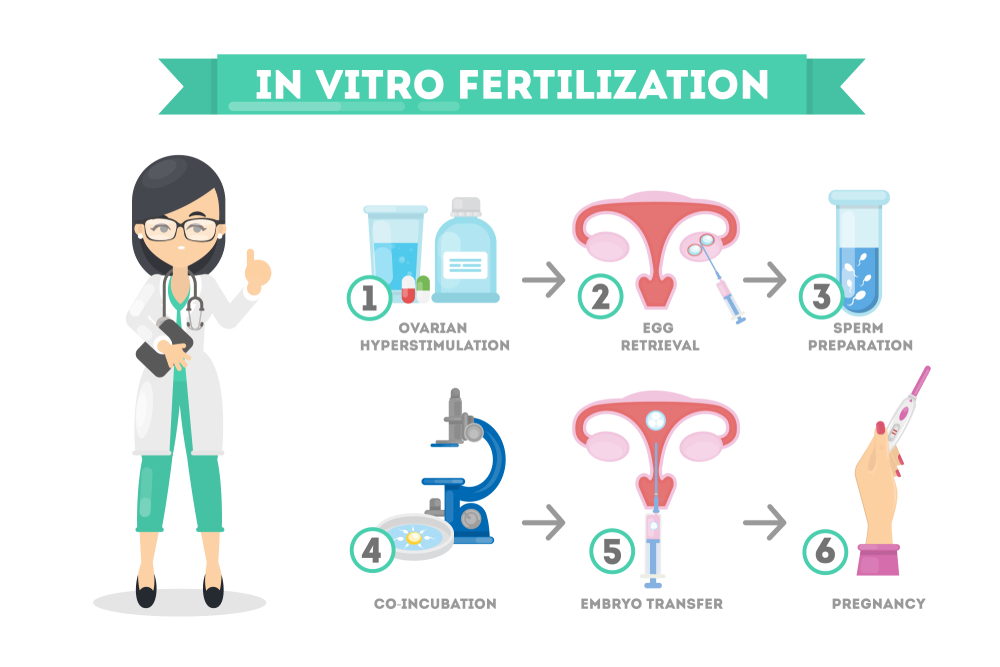
The Privacy Stuff Nobody Talks About
IVF touches parts of life you might not expect. Here’s what stays behind closed doors—until now.
Your Bedroom Changes
Intimacy? It’s on hold during key phases. Hormones and stress can make romance feel like a chore. Couples often joke they miss the “old days” before IVF took over.
Bathroom Confessions
You’ll pee on more sticks than you can count—testing hormones, ovulation, pregnancy. One patient said, “I felt like a scientist in my own bathroom!”
Secret Superstitions
Beyond pineapples, people have rituals: lucky socks, special playlists, even avoiding certain foods. It’s less about science and more about feeling in control.
Dr. Jane Miller, a fertility expert, once shared, “Patients surprise me with their creativity—like one who swore her ‘lucky pen’ signed the consent forms for her successful cycle!”
Latest IVF Research: What’s New in 2025?
Science is moving fast, and 2025 is bringing cool updates to IVF. Here’s what’s fresh:
AI-Powered Embryo Selection
Clinics now use artificial intelligence to spot the healthiest embryos. A 2024 trial from MIT showed a 20% jump in success rates with this tech.
Time-Lapse Imaging
Cameras watch embryos grow 24/7, catching tiny details humans might miss. It’s like a baby reality show, but it helps pick winners.
Mitochondrial Boost
For older eggs, scientists are testing ways to “recharge” them with healthy mitochondria (the cell’s powerhouses). Early results from a 2024 Oxford study look promising.
Practical Takeaway
Ask your clinic if they’re using these tools—newer tech could be your edge.
IVF and Your Hobbies: Unexpected Connections
IVF doesn’t just stay in the clinic—it sneaks into your free time. Here’s how it might vibe with your interests.
If You Love Cooking
You might start hunting fertility-friendly recipes—think avocado toast or salmon bowls. A 2023 study linked omega-3s (found in fish) to better egg quality.
If You’re Into Fitness
Light yoga or walks are gold during IVF—nothing too intense. Overdoing it can mess with hormones, says a 2024 Mayo Clinic report.
If You’re a Reader
Fertility memoirs or blogs become your jam. One patient told me, “I read The Trying Game during my wait—it felt like a friend.”
Side Effects and How to Handle Them
IVF isn’t all smooth sailing. Here’s what might pop up and how to deal.
Common Side Effects
- Mood Swings: Hormones can make you cry at dog food ads.
- Bruising: From shots—ice and arnica cream help.
- OHSS: Rare, but too many eggs can cause swelling. Call your doc if you feel off.
Coping Tricks
✔️ Journal it out—scribble your feelings.
✔️ Snack smart—salty crackers ease nausea.
❌ Don’t tough it out—tell your doctor about big symptoms.
IVF for Different Folks: It’s Not One-Size-Fits-All
IVF bends to fit your life. Here’s how it works for different people.
Single Parents
Using donor sperm or eggs, single folks can build a family. Clinics often have counselors to guide you through choices.
LGBTQ+ Couples
Same-sex couples mix and match donors and surrogates. A 2024 study showed 60% of LGBTQ+ IVF patients felt clinics could do more to personalize care—ask for what you need!
Older Moms
Over 40? Frozen eggs or donor eggs might be your path. Success dips, but new tech is closing the gap.
Dr. Sarah Thompson, a reproductive specialist, says, “Age is just one piece—your overall health can outweigh the calendar.”
The Emotional Toolkit: Surviving the IVF Journey
IVF tests your heart as much as your body. Here’s how to stay strong.
Build a Support Squad
- Friends: Share as much or as little as you want.
- Online Groups: Reddit’s r/infertility or Instagram hashtags like #IVFWarrior connect you to others.
- Therapy: A pro can help you process the ups and downs.
Self-Care Ideas
✔️ Watch a silly movie—laughter is medicine.
✔️ Try mindfulness—5 minutes of deep breathing works wonders.
❌ Don’t bottle it up—talk or cry when you need to.
A Real Story
One mom said her dog was her rock during IVF: “He’d snuggle up during the wait, no questions asked.”
After IVF: What Happens Next?
Whether it works or not, IVF’s just the start. Here’s what’s ahead.
If You’re Pregnant
- Early scans check progress—exciting but nerve-wracking.
- Hormones continue for weeks to support the pregnancy.
If It Doesn’t Work
- Take time to grieve—it’s okay to feel lost.
- Talk to your doc about next steps—tweaks or a break.
Long-Term Vibes
A 2023 study found 90% of IVF parents felt it was worth it, win or lose, for the chance at a family.
Practical IVF Checklist: Your Game Plan
Ready to dive in? Here’s a handy list to prep like a pro.
✔️ Pick a clinic—check reviews and success rates.
✔️ Ask about costs—get every detail upfront.
✔️ Stock up—meds, comfy clothes, snacks.
✔️ Plan downtime—clear your calendar for key days.
✔️ Find your cheerleader—someone to lean on.
❌ Don’t rush—give yourself grace to decide.
IVF and Your Future: Dreaming Big
IVF isn’t just about now—it’s about what’s next. Maybe it’s one kid, maybe more. Freezing extra embryos lets you plan ahead. A 2024 survey showed 40% of IVF parents tried for a second baby later—future you might thank you!
Dr. Emily Chen, an embryologist, notes, “Freezing tech is so good now, it’s like pressing pause on your family dreams.”
Let’s Chat: Your Turn!
IVF is a big deal, and no two journeys are the same. What’s on your mind? Drop a comment below—have you tried IVF? Got a lucky charm that worked? Want to know more about something we covered? Let’s keep the convo going! And if you found this helpful, share it with someone who might need it—spreading hope is the best part.
